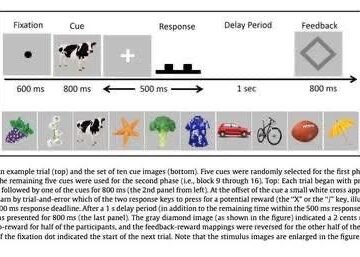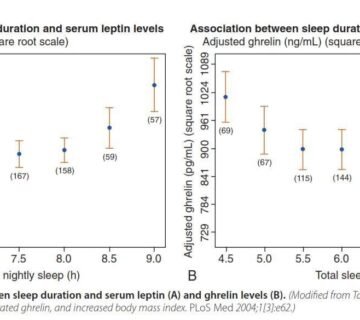“My Son Can’t Sit Still, Forgets His School Supplies Every Day, and Can’t Focus at All!”
(ADHD) – Attention Deficit Hyperactivity Disorder
What is this disorder?
Parents often ask:
- “My son is very active and moves around a lot. Does that mean he has hyperactivity?”
- “My child forgets things all the time — like a goldfish memory! Does that mean he has attention deficit?”
👉 It’s very important to differentiate between normal childhood energy and actual ADHD, and also to distinguish ADHD from other disorders like anxiety or depression.
So, how can we tell the difference?
A child is only diagnosed with ADHD if they show at least 6 out of 9 symptoms in either category, consistently for at least 6 months, and the symptoms appear in more than one setting (home, school, etc.).
Symptoms of Inattention:
- Makes careless mistakes, even in things they know well.
- Struggles to finish tasks — needs constant reminders.
- When given multiple instructions, only completes 1 or 2 and forgets the rest.
- Frequently loses personal items (books, stationery, etc.).
- Doesn’t seem to listen or follow instructions properly.
- Easily distracted by noises or nearby activity.
- Needs to be called several times before responding — only reacts when yelled at.
- Asks again what they were told to do moments earlier.
- Stares at the same page while studying — lost in thought, not focused.
- Forgets things often.
Symptoms of Hyperactivity & Impulsivity:
- Leaves their seat during class multiple times.
- Fidgets constantly — can’t sit still.
- Gets hurt often due to impulsive behavior.
- Can’t stay quiet or seated unless they’re using a phone or tablet.
- Very disorganized.
- Poor time management.
- Talks too fast and thoughts seem jumbled.
- Interrupts others while they’re talking.
- Can’t wait their turn in games or conversations.
- Answers questions before they’re finished.
These are just some of the signs — a full evaluation by a psychiatrist is essential for an accurate diagnosis.
Treatment:
- Medication is highly effective in many cases to reduce hyperactivity and improve attention.
- Behavioral therapy is essential to help both the child and their family learn how to manage symptoms.
Why treat ADHD early?
If left untreated, ADHD can continue into adolescence and adulthood, where it may manifest as:
- Anger issues
- Impulsivity
- Damaged social relationships
- Academic and career failure
Other Important Notes:
- Screens (phones/tablets) can worsen symptoms due to their effect on brain stimulation — try to limit exposure.
- Caffeine might help some kids feel calmer and more focused, while it might increase hyperactivity in others. That’s why some experts suggest trying a cup of cocoa before studying and observing the effect.
- Sugar can significantly increase hyperactivity — children with ADHD should avoid it as much as possible.
- Schools should allow extra time during exams for students with attention issues so they can fully express their capabilities.
- Physical activity is a powerful tool. It:
- Calms the nervous system
- Reduces stress
- Improves focus
- Helps children release excess energy
- Boosts their sense of achievement and self-confidence through engaging in something they enjoy




